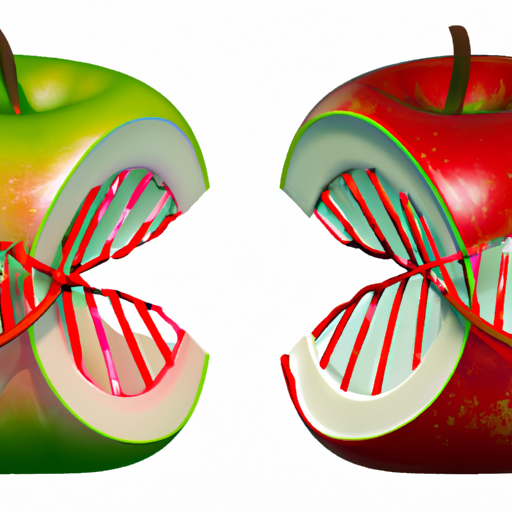Exploring the Concept of Genetically Modified Foods
The discussion on genetically modified foods has always sparked fervor and excitement from different parts of the scientific, ethical, economical, and political spectrums. The topic that we aim to thoroughly explore in this article is the concept, origin, and intricacies of genetically modified foods.
The Origins and Science Behind Genetically Modified Foods
Genetically modified (GM) foods traced its roots on the advent of molecular genetics and recombinant DNA technology. Using Specific methods such as gene cloning and protein engineering, scientists were able to create new species of plants and animals with desired traits.
Reasons for the Creation and Development of Genetically Modified Foods
- Enhanced Nutritional Content: GM foods can be modified to have increased nutrients, vitamins, and minerals, crucial for communities that rely on a single staple crop lacking in certain nutrients.
- Longer Shelf Life: Genetically modified crops such as tomatoes can have a longer shelf life, reducing food waste and ensuring fruits and vegetables remain fresh for consumption.
- Potential to Combat World Hunger: By increasing productivity, generating crops resistant to pests or diseases, GM foods can contribute to solving the world hunger crisis.
The Concerns and Negative Impacts of Genetically Altered Foods
- Potential Risks to Human Health: Controversies remain surrounding the possibility of GM foods triggering allergic reactions or causing undesirable health effects.
- Environmental Effects: The impact of GM foods on ecosystems is a concern as there are risks of cross-pollination that can disrupt natural biodiversity.
- Implications on Natural Biodiversity: There are fears that GM foods may alter natural biodiversity and lead to the domination of a few highly adapted species.
Conclusion: Making Informed Decisions
In conclusion, it is undeniable that genetically modified foods carry both potential benefits and risks. The final section of this article aims to provide a balanced perspective, which should enable you, the reader, to make informed decisions about genetically modified foods. The controversies surrounding GM foods illustrate the challenge of making decisions in the face of uncertain risks and benefits. What is essential is that the discourse should continue, grounded on both empirical evidence and ethical considerations.
















Comments
Leave a Comment